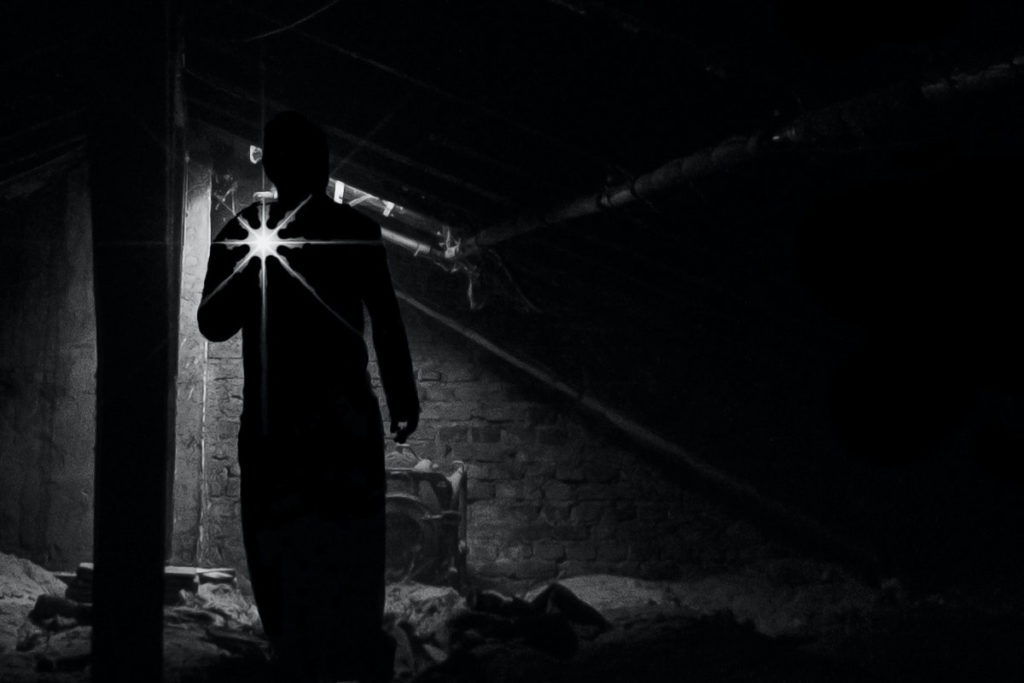
Becoming a paranormal investigator involves a combination of education, practical experience, and personal commitment. Here are the steps you can take if you’re interested in pursuing a career or hobby as a paranormal investigator:
- Educate Yourself:
- Research the field: Start by reading books, articles, and websites about paranormal investigations. Gain an understanding of the history, theories, and methodologies of paranormal research.
- Learn from experts: Attend conferences, seminars, and workshops on paranormal investigation. Listen to experienced investigators and researchers to gain insights into their techniques and experiences.
- Understand the Science:
- While paranormal investigation often deals with unexplained phenomena, it’s important to have a solid understanding of scientific principles and critical thinking. This will help you approach investigations objectively and avoid jumping to supernatural conclusions.
- Join or Form a Team:
- Many paranormal investigators work in teams. Consider joining an existing paranormal investigation group or forming your own if none are available in your area.
- Networking with others in the field can provide valuable guidance, support, and shared experiences.
- Equipment and Tools:
- Acquire the necessary investigation equipment, such as electromagnetic field (EMF) detectors, digital cameras, voice recorders, infrared thermometers, and spirit communication tools like EVP (Electronic Voice Phenomenon) recorders.
- Learn how to use this equipment properly and responsibly. Keep in mind that some paranormal investigations may require specialized tools.
- Field Experience:
- Participate in investigations with experienced paranormal investigators to gain hands-on experience. This will help you learn the ropes, understand investigation protocols, and build your confidence.
- Practice documenting and analyzing evidence from investigations.
- Ethical Considerations:
- Be mindful of ethical considerations when conducting paranormal investigations. Respect the privacy of property owners and obtain permission before investigating private locations.
- Avoid sensationalism and approach investigations with a genuine desire to seek the truth.
- Safety Precautions:
- Prioritize safety during investigations. Familiarize yourself with the risks associated with paranormal investigation, such as environmental hazards, trespassing laws, and potential psychological effects.
- Record Keeping:
- Maintain detailed records of your investigations, including dates, locations, equipment used, environmental conditions, and any unusual experiences or evidence collected.
- Organize your data for analysis and future reference.
- Analysis and Review:
- Develop your skills in analyzing evidence. This may include reviewing audio recordings for EVPs, examining photographs and videos, and assessing data from monitoring equipment.
- Use critical thinking to eliminate natural explanations before considering paranormal ones.
- Continuous Learning:
- Stay up-to-date with advancements in paranormal research, technology, and investigative techniques.
- Be open to changing your beliefs and perspectives based on evidence and new information.
- Respect and Integrity:
- Maintain respect for the beliefs and experiences of others, even if they differ from your own.
- Uphold the integrity of the field by avoiding hoaxes, exaggeration, or pseudoscientific claims.
Remember that paranormal investigation is a field that often lacks scientific consensus, and results can vary widely. It’s essential to approach investigations with an open but critical mind and to prioritize ethical and respectful conduct throughout your journey as a paranormal investigator.
